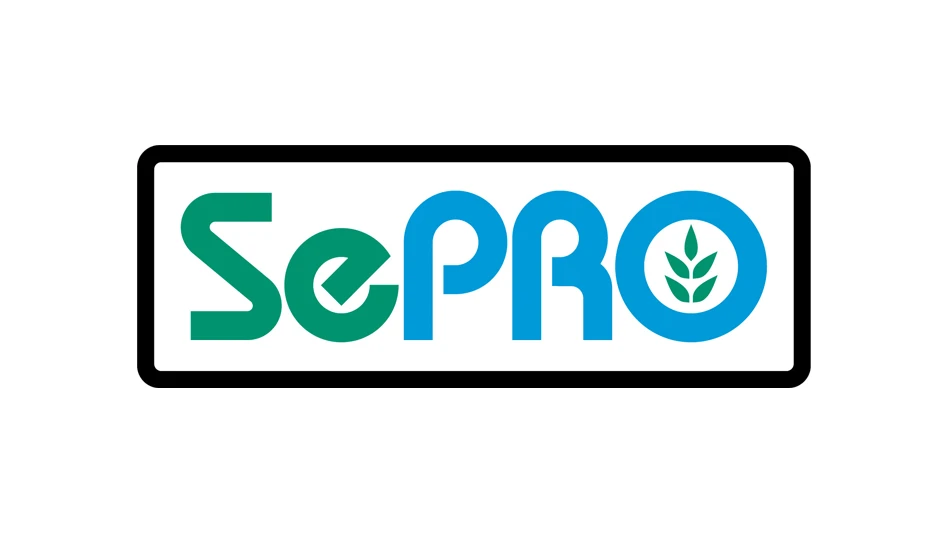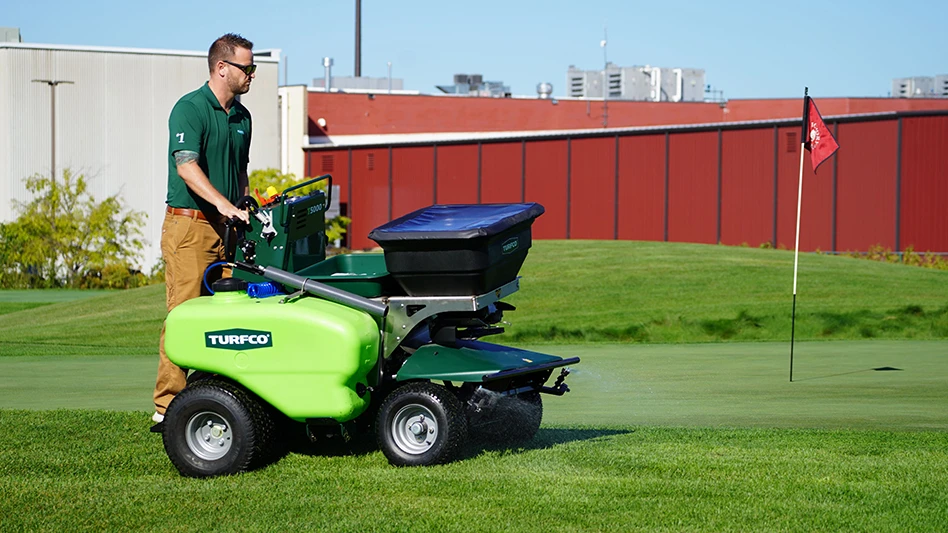One of the most popular business books is The E-Myth by Michael Gerber. While it’s written primarily for small business owners who are struggling and don’t know why, it’s a good book for superintendents to read.
Gerber’s premise is that most small business owners start out by learning a trade – bricklaying, lawn maintenance or law, for example. If they have the right stuff, then they become managers of other people who perform the trade. And if the entrepreneurial bug bites them, they start their own company. The logic is that if you’re good at doing a job, you can probably start your own business doing it and make considerably more money.
Unfortunately, the shift from doer to owner is usually flawed logic as the majority of new businesses fail within a few years of their launch. That’s a large part of the “e-myth” – that being good at a trade means one naturally will be good at the same thing as an owner. In reality, owning a business involves much more than making customers happy. Owning a business means selling, doing payroll, hiring, training, solving complaints, keeping records and paying taxes. The list goes on.
The relevance of this book for golf course superintendents is that Gerber points out that all small business owners wear three hats – that of the technician, the manager and the entrepreneur (the owner). Owners get in trouble when they don’t realize this fact and spend too much time doing the technician or management work and take their eyes off running the business. Owners who sacrifice the big picture to meet day-to-day necessities are most likely to fail.
Golf course superintendents can benefit from seeing their mission as involving the same three hats. They are technicians. In fact, agronomic skills are essential to career success. Superintendents also have learned to be managers of people, resources and budgets. It’s my belief that superintendents should also view themselves as entrepreneurs, as the “owner” of their courses – even when that is not technically true.
I say this because successful golf course superintendents need an entrepreneurial mindset. Why? Technical and managerial responsibilities are defined tasks aimed at maintaining the status quo, while the entrepreneurial mindset involves creating something new or better. Put another way, others can do, or help to do, the day-to-day work and even the management tasks, but only the superintendent can do the entrepreneurial work – seeing the improvements that are possible, the new way of doing things, the way the course could be one day. The entrepreneur is the visionary that sees what could be possible and makes changes that improve things.
Now back to Gerber’s business bestseller. The entrepreneur creates something that didn’t exist before – their business – and then makes it become real, grow and succeed. Entrepreneurial golf course superintendents do the same thing. They see what’s possible and drive the process to make it happen.
Now, here’s something that’s not addressed in The E-Myth. Few entrepreneurs really invent anything new. The only thing new about a new legal firm, pest control company or home remodeling company might be the location. It could be that they’re the first in that town. But competition will arrive, and then what makes the entrepreneur’s company stay unique is up to them. It could be the market niche they serve, their price (highest or lowest) or being open on weekends and nights. Successful companies deliver value. And value involves a cost-to-benefits equation. Even being highly efficient in course maintenance is a competitive advantage, as is producing great quality.
To be an entrepreneurial golf course superintendent doesn’t require inventing anything new. It means finding the time and making the effort to expose oneself to many ideas. Then superintendents can adopt the best ideas to fit their courses and conditions. It’s not stealing. It’s progress.
So, where does one get great ideas? Anywhere and everywhere: industry shows, books, other superintendents. But superintendents also can get ideas from outside the industry. The key quality to getting great ideas is to always look for them.
Here are some other things entrepreneurial superintendents can do:
• Take business classes about subjects that will benefit you and the course.
• Create financing ideas for capital improvements not covered in the budget. For example, if $100,000 is needed for a course improvement, perhaps you can get 100 members or frequent players to contribute $1,000 each. And for that donation, they get to bring two guests per month a no charge for the year. The entrepreneurial superintendent will see if this is possible, not dismiss the idea because there is not budget.
• Each year, provide the general manager or green committee with two reviews of all the competitors in the area that includes research done from the super-intendent’s unique and expert viewpoint. Include a SWOT analysis that compares your course to others in terms of strengths, weaknesses, opportunities and threats, and makes the appropriate recommendations.
• Play nine or 18 holes in the afternoon with twosome or threesome groups. Ask questions about what they like or don’t like about the course.
• Organize a monthly meeting of local superintendents and assistant superintendents. Discuss common local concerns and share expertise.
• Create a committee of fix-up project volunteers. Provide materials but use volunteers to save labor on the projects.
• Develop alternative maintenance ideas. Ask local electric companies or co-ops for their mulched or shredded trimmings instead of buying mulch.
• Find ways to maintain the course to the best possible cost/fee ratio that your market will bear.
The essence of being an entrepreneur is to dream big, and then find practical ways and means to make those dreams come true. GCN
Jack Brennan founded Paladin Golf Marketing in Plant City, Fla., to assist golf course owners and managers with successful marketing. He can be reached at jackbrennan@tampabay.rr.com.
Get curated news on YOUR industry.
Enter your email to receive our newsletters.
Explore the January 2005 Issue
Check out more from this issue and find your next story to read.
Latest from Golf Course Industry
- Atlanta Athletic Club approves funding for master plan
- Maximizing Cultural Practices and Agronomic Benefits with Minimal Surface Disruption
- Real Answers about Spray Nozzle Choices
- From the Course to the Factory: How Customer Insights Drive Innovation
- New & Proven Enzyme Strategies for Sprayable Thatch Management
- Innovating Tomorrow: Wittek’s New Products & Industry Staples
- PBI-Gordon introduces new field development team
- The Cabot Collection announces move into course management





